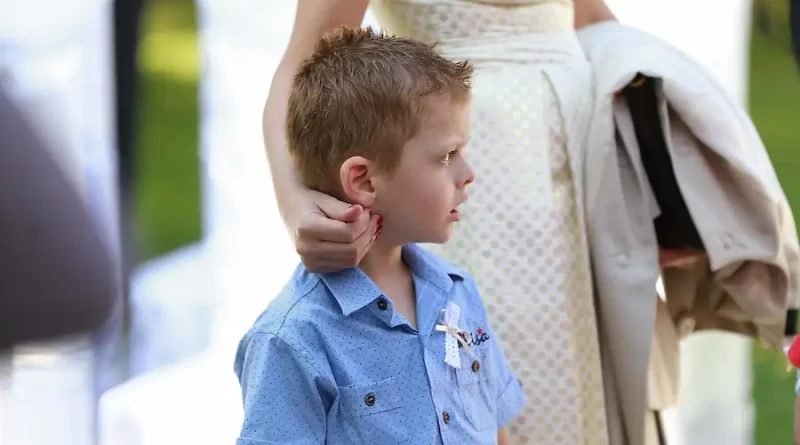Welcoming a Foster Child into Your Home: How to Prepare
Bringing a foster child into your home is an incredibly rewarding and one-of-a-kind experience. As a foster carer, you will have the chance to make a positive impact in the life of a child, providing them with love, stability, and support. However, preparing for the arrival of a foster child requires careful thought and planning. Read on as we explore the essential steps to ensure a smooth transition and create a nurturing environment for the new member of your household.
Preparing Your Home
Before your foster child arrives, it’s essential to ensure that your home is safe, welcoming, and suitable for their needs. Fostering agencies such as Fostering People can help you with preparing your home. Some key considerations to make include:
- Childproofing: Assess your home for potential hazards and make necessary adjustments. Install safety gates, secure drawers and cupboards, cover electrical outlets, and anchor heavy furniture to the wall to prevent accidents.
- Bedroom preparation: Set up a comfortable, age-appropriate bedroom for the foster child. Provide a bed, fresh bedding, storage space for their belongings, and some personal touches like books or toys.
- Privacy and personal space: Make sure that your home respects the foster child’s need for privacy and personal space. Provide them with a designated area where they can retreat and have some alone time when needed.
Emotional Readiness
Preparing yourself emotionally is just as important as preparing your physical environment for a foster child. Children in care may have experienced trauma or instability in their young lives, which is why it’s crucial to be empathetic and understanding. Some things you can do to prepare emotionally include:
- Self-reflection: Reflect on your motivations for becoming a foster carer and understand the potential challenges that might arise. Take the time to address any personal concerns or anxieties before your foster child arrives.
- Education and training: Attend any training sessions offered by your foster care agency or the local authority to gain a deeper understanding of the foster care system, child development, and trauma-informed care. This knowledge will help you provide the best support for the child.
- Open communication: Encourage a culture of open communication within your family and with the foster child. Make it easy for everybody to express their thoughts and feelings, creating a safe and supportive environment for all.
Support Network
Foster care is a team effort, and having a strong support network around you can make a significant difference. Seek out resources and connect with others who share similar experiences. You can get support from:
- Fostering agencies: Reach out to your fostering agency for guidance, advice, and support. They can provide valuable resources, connect you with other foster carers, and offer assistance when needed.
- Support groups: Join local support groups or online communities where you can connect with other foster carers and share experiences, exchange tips, and provide emotional support to one another. Such networks can be invaluable during challenging times.
Preparing for the arrival of a foster child involves both practical and emotional considerations. By keeping the above in mind, you can lay a strong foundation to provide a stable and loving home for a child.

